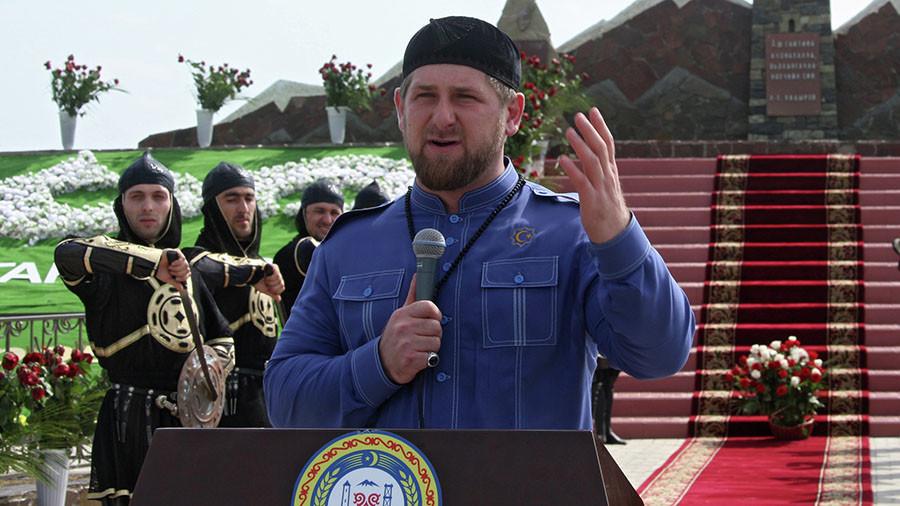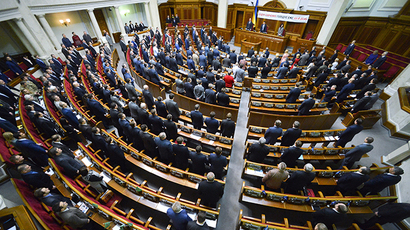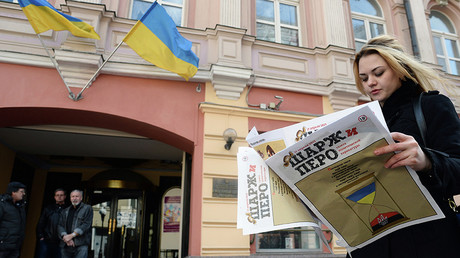Kadyrov predicts Ukraine’s accession into ‘great Russia’

“What [Ukrainian President Petro] Poroshenko has in his mind, Tuka says out loud! There is no other way to explain the anti-Russian stunt performed by the Ukrainian deputy minister ‘for occupied territories and internally displaced persons’ Georgiy Tuka,” Kadyrov wrote in his channel in the Telegram messenger.
The comment came shortly after the Ukrainian official in question told reporters that he saw the primary task of the current Kiev authorities as being pragmatic in relations with Moscow with a view to “breaking Russia into parts.”
Kadyrov called Tuka’s statement “the most secret dream of President Poroshenko and other anti-Russian persons holding high posts in Ukraine” and noted that such words cannot be left without an answer. He then wrote that “Neither Tuka nor Poroshenko will ever see Russia weak and collapsing. At the same time, there is no doubt that Tuka’s and Poroshenko’s descendants will be wiser than their ancestors and will seek a place in Great Russia.”
“Tuka knows this very well, but he has to say what is dictated to him,” Kadyrov wrote in the Telegram message.
Other senior Russian officials also commented on Tuka’s statement with a mixture of indignation and irony. The head of the Upper House commission for information politics, senator Aleksey Pushkov, suggested that it was proof of the mental instability of those who remain in power in Ukraine and also advised that these people “had better keep an eye on Ukraine, to prevent it from collapsing.”
The deputy head of the Upper House committee for defense and security, Senator Frants Klintsevich, said in comments to RT that Tuka had been simply expressing the views imposed by his US “handlers.” “If not for this handling Ukraine itself would collapse. But so far the Americans have kept it in one piece and taken advantage of the Russophobia.” He said.
In mid-November media reported that a group of Ukrainian lawmakers had prepared a bill describing Russia as an “aggressor nation” and ordering contact between the two states to be reduced to a minimum, including severing the 1998 friendship agreement. Commenting on these reports, Ukrainian opposition politicians have claimed that the real reasons behind the bill were purely financial as its sponsors wanted to profit from the sale of the building which currently houses the Ukrainian Cultural Center in Russia.











